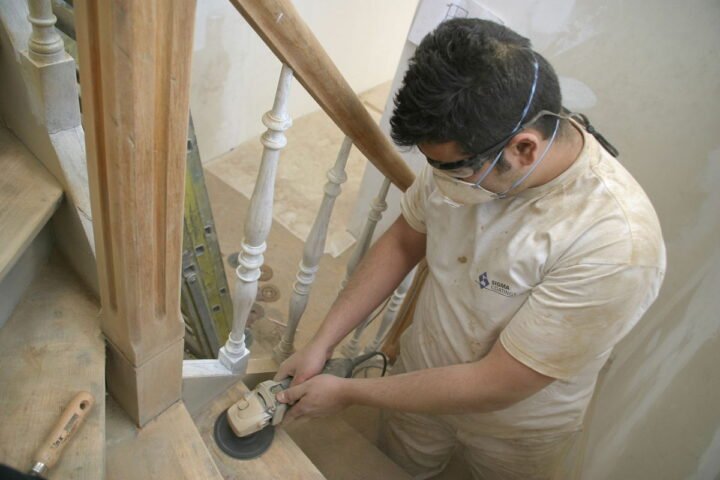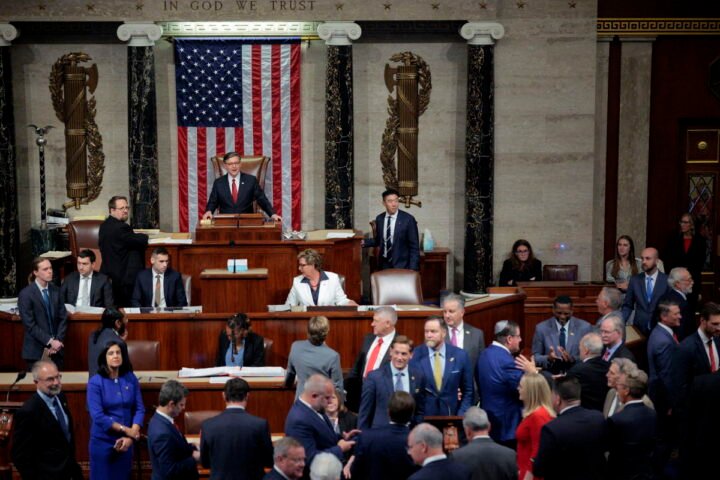Staunch libertarian Javier Milei has implemented a range of austerity measures since taking office. His government blamed previous administrations for the dire economic situation.
The poverty rate in Argentina reached 52.9% during the first six months of Javier Milei’s government, the national statistics agency reported on Thursday.
It marks the highest poverty rate since 2003, and a 11.2% increase compared to the second half of 2023.
The number of people living in extreme poverty grew by 3 million during the first half of 2024, according to the report.
The statistics agency calculates poverty by comparing household income with the cost of a basic basket of goods, which amounts to around $240 (€215).
Although it is declining, Argentina’s inflation remains one of the highest in the world, exceeding 230% annually.
What did the government say?
Milei’s administration attributed the high poverty rate to previous governments rather than its current policies.
“The government inherited a disastrous situation. They left us on the verge of becoming a country where nearly all of its inhabitants are poor,” presidential spokesperson Manuel Adorni said on Thursday ahead of the report.
“The best way to fight poverty is, first and foremost, to fight inflation. We are doing everything we can to change this situation,” Adorni added.
What policies is Milei implementing in Argentina?
The new Argentine government has implemented austerity measures by cutting social assistance programs, halting public works projects, laying off thousands of public employees, cutting subsidies for energy and transportation and freezing the education budget.
Markets and investors, including the International Monetary Fund (IMF) to which Argentina owes $43 billion (€38 billion), have welcomed the cuts.
These measures have helped correct the state’s finances after years of deficits, but have plunged the country into a recession.
Thousands of people have taken to the streets several times in recent months to protest against them.
“A solution is needed that balances growth with distribution. Only then can we reverse this trend of increasing poverty,” Santiago Coy, a sociologist and researcher at the University of Buenos Aires, told the AFP news agency.








